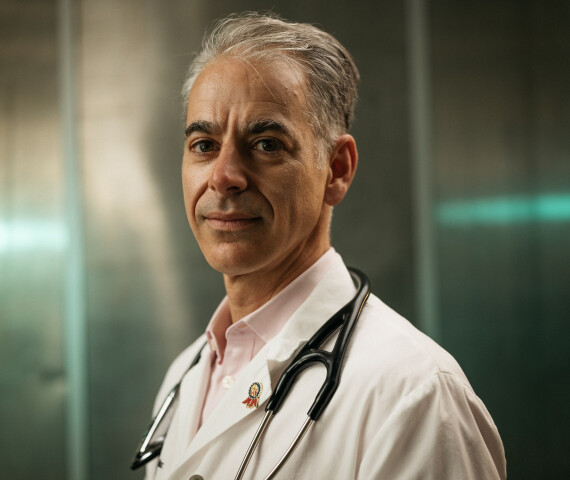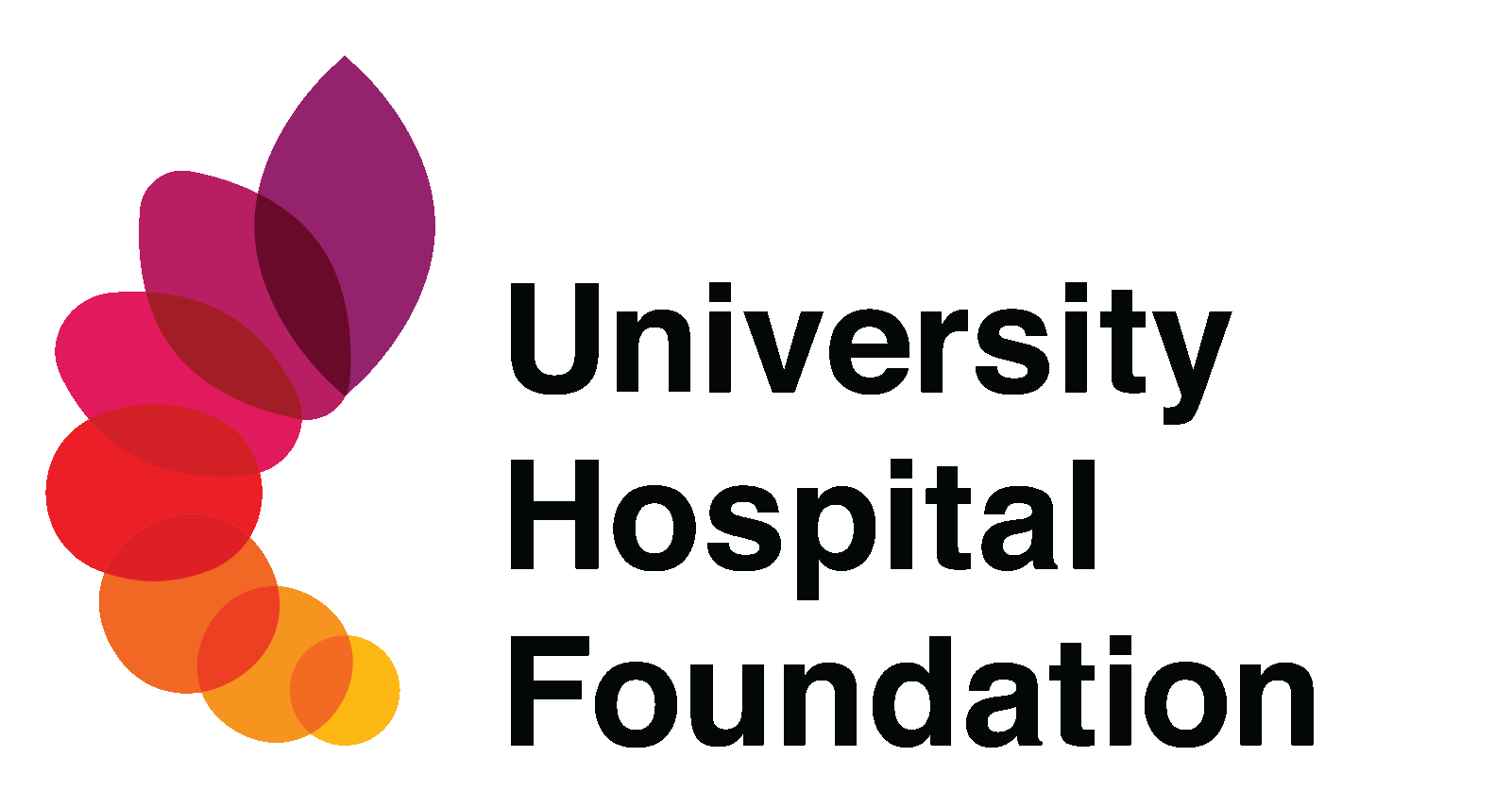Research and innovation
Transformers
From developing a blood test that will diagnose a stroke in minutes to stopping the spread of prostate cancer and breakthroughs in Alzheimer’s studies, researchers today at the University of Alberta Hospital – western Canada’s largest academic health center – are tackling some of the most complex medical issues of our time.
Powered by UHF donor Don Hunter, a $4 million matching gift is helping renowned clinician scientists get closer to a treatment that could treat and reverse Alzheimer's disease.
University of Alberta Professor and renowned neurologist Dr. Jack Jhamandas has been researching Alzheimer’s disease for more than 20 years and is on the edge of a promising new drug candidate with the potential to not only prevent, but reverse the devastating effects of Alzheimer’s disease. In collaboration with Dr. Lorne Tyrell, Founding Director of the Li Ka Shing Institute of Virology and University of Alberta Professor, as well as Nobel Laureate Sir Michael Houghton, Jhamandas has been advancing the development of this disease to where it is today — entering the final phases before beginning human clinical trials.
“The development of novel and effective disease modifying therapies for Alzheimer’s disease is one of the greatest scientific challenges of our time. We are hopeful that we are on to something very promising here, and we want to convey that hope to people who carry the burden of this condition,” said Dr. Jhamandas.
Thanks to a transformational $4 million matching gift made by Don Hunter, we are headed in the right direction — but we need donors to step up and donate to help us reach the $10 million required to bring the drug to human clinical trials.
With ongoing financial support from donors to the University Hospital Foundation, our researchers will have the financial means needed to continue their quest to:
Restore memory in the minds of people with Alzheimer’s disease
Give people with the most severe spinal cord injuries the chance to walk again
Unravel the role the gut biome plays in health issues ranging from obesity to depression
Research first, then innovation
And just as the Edmonton Protocol, a procedure discovered at the University of Alberta that brought hope to the world for a way for people living with type 1 diabetes to live without insulin injections, their discoveries will transform healthcare of the future.
When you have a big problem, there’s only one solution – research.
The excitement of discovery
Dr. Lorne Tyrell and his team at the University of Alberta spent decades in their quest to find a cure for Hepatitis B. Eventually, they were successful. But not before overcoming years of setbacks large and small and maneuvering around countless roadblocks.
When asked what kept him going, Dr. Tyrell said “The little victories. The excitement of discovery. That’s what keeps all researchers going.”
9.4 million was distributed to medical research this past year
Over 265 research projects have been funded over the past twelve years supporting every corner of care at UAH
A surgeon can save 5,000 lives in their lifetime, their research could save five million

Stories
The salt argument
For those with heart disease, is less salt actually better?
Dr. Justin Ezekowtiz, physician at the Heart Function Clinic at the Mazankowski Alberta Heart Institute, and the lead researcher of an international study on whether or not it’s necessary for patients with heart disease to consume less sodium, isn’t so sure.
